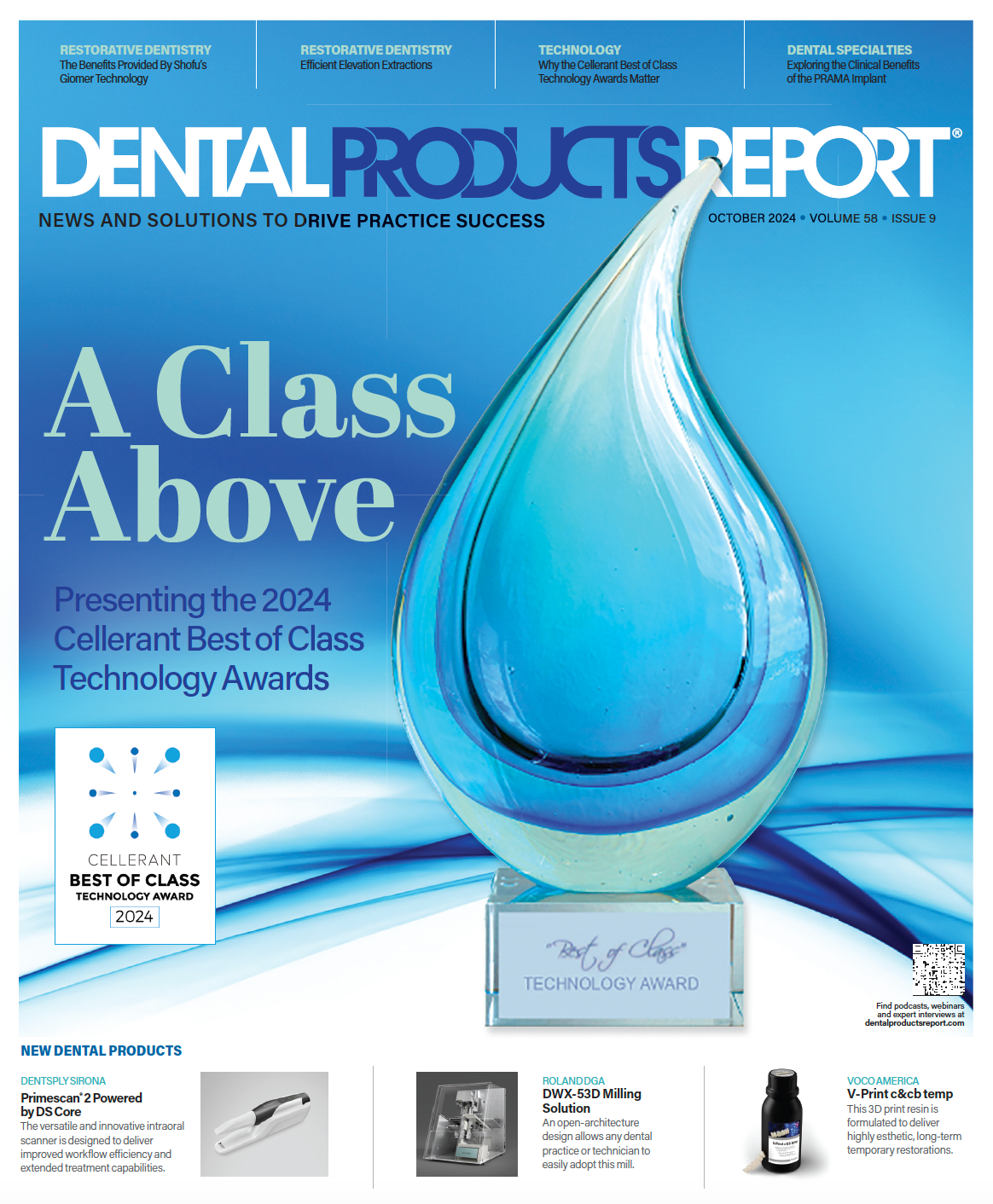Building a Strong Firewall for Your Dental Practice
A key aspect of securing patient data is a powerful firewall. Here we explore the best ways to build up a strong firewall for your dental practice.
Building a Strong Firewall for Your Dental Practice. Image credit: © Deepagopi2011 – stock.adobe.com

Over the course of the last 7-plus years, I’ve written in great detail about the need for dental offices to protect and secure their most critical asset, their patient data. Much of the discussion has centered around ways to deal with a virus infection, such as application whitelisting, restoring a backup, and antiransomware protection. However, as the saying goes, an ounce of prevention is worth a pound of cure, and one item that is often overlooked but incredibly critical to this process is a firewall.
Data flows into and out of devices, such as your router or modem, through what we call ports. A firewall is what controls what is—and more importantly isn’t—allowed to pass through those ports. You can think of it like a security guard standing at the door, checking the ID of everything that tries to enter or exit.
For most normal computers or office networks, the firewall should allow very little, if any, inbound traffic. There’s rarely any legitimate reason for other devices to need to connect to your device, or office network, unsolicited.
What Kinds of Firewalls Are There?
Firewalls can be either software or hardware, and most likely you’re being protected by both. The router (sometimes called a cable modem) that brings the internet from your internet provider to your home or office is usually a hardware firewall. And your computer, whether it’s running Windows or macOS, most likely has a software firewall running.
However, what I highly recommend for all dental offices is that they consider a business-class firewall. One of the primary reasons a business-class firewall is better than a consumer-grade firewall is the advanced security features it offers. Business-class firewalls are designed to protect against a wide range of threats, including viruses, malware, phishing attacks, and ransomware. They can also detect and prevent more sophisticated attacks,
such as advanced persistent threats and zero-day exploits.
Business-class firewalls offer a variety of security features, such as intrusion prevention and detection, deep packet inspection, and advanced malware protection. These features are critical for protecting sensitive data and preventing data breaches. For example, deep packet inspection allows the firewall to analyze the contents of network packets and block traffic that violates security policies.
They also offer centralized management, allowing your information technology (IT) provider to configure and monitor the firewall from a single console. This makes it easier to manage network security across multiple locations and devices. Consumer-grade devices may require individual configuration, making it more difficult to manage and monitor network security.
Centralized management also allows for more efficient security management. For example, your IT provider can create and manage security policies from a central console, ensuring consistent application of security policies across the entire office. This helps to ensure that all devices on the network are properly secured and reduces the risk of security gaps.
A good firewall for a dental office, from a company like Sophos, WatchGuard, or SonicWall, is a great investment in your overall security and Health Insurance Portability and Accountability Act compliance plan. While a bit costlier than consumer firewalls, the added protection is well worth the cost, in my opinion.
